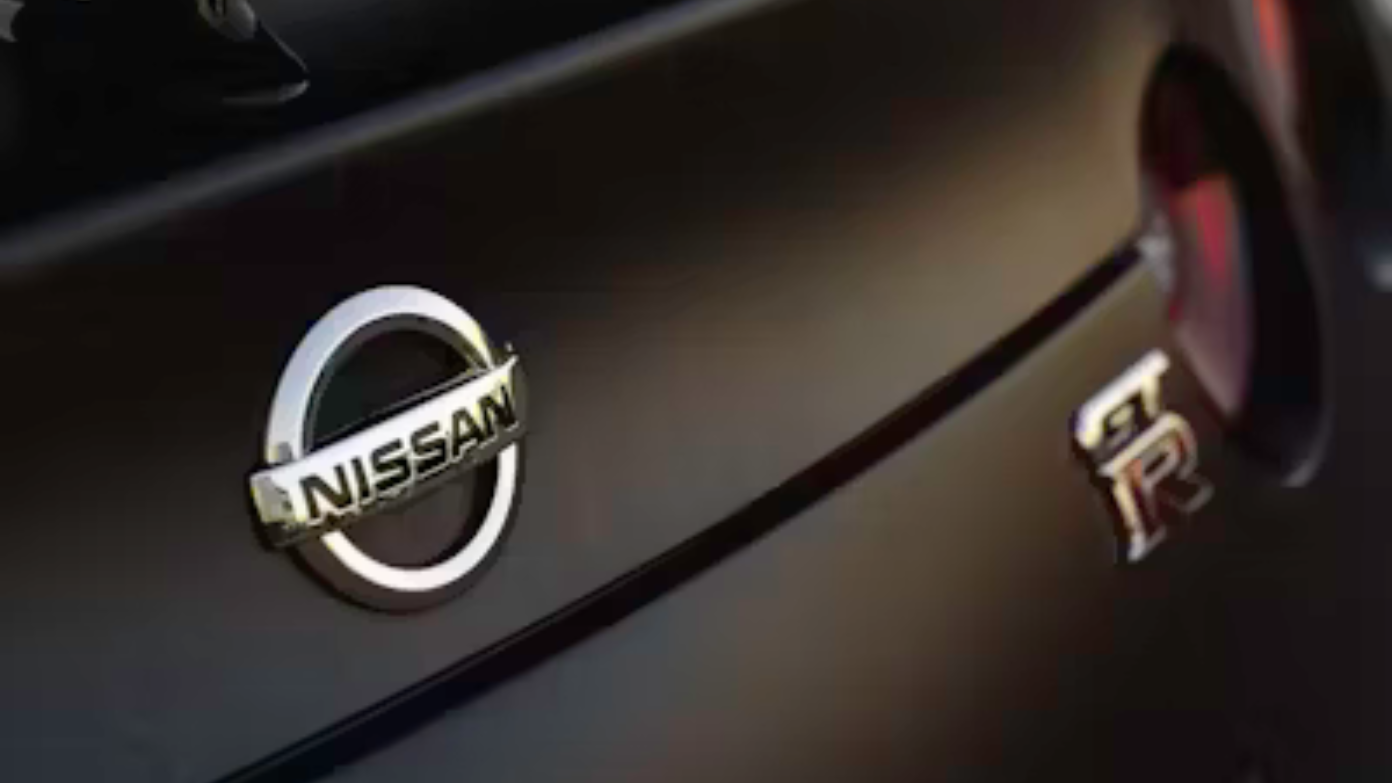Nissan Motor Company has issued a summary safety recall of 19,077 Nissan LEAF electric vehicles in America due to a possible lethal fire hazard associated with fast charging stations. The recall officially went public on October 3, 2025, by the National Highway Traffic Safety Administration (NHTSA) and affects certain model year vehicles with Level 3 quick charging ports.
Affected vehicle models and years
The recall only includes 2021 and 2022 Nissan LEAF vehicles equipped with Level 3 fast charging ports (CHAdeMO connector). The vehicles were manufactured between November 3, 2020, and May 23, 2022, at Nissan’s Tennessee Smyrna Assembly plant. The recall is identified by NHTSA Campaign Number 25V655000 and Nissan’s internal recall number R25C8.
It must be noted that this recall is distinct from, albeit connected to, a previous recall (24V-700) of 2019-2020 Nissan LEAF models with the identical issue. The prior recall covered approximately 25,704 vehicles between August 29, 2018, and November 3, 2020. Combined, these recalls now encompass virtually all LEAF models from 2019 through and including 2022 with fast charging capability.
The fire risk problem
The root issue lies in the car’s lithium-ion battery system that can build up excessive lithium deposits in individual battery cells during charging. NHTSA reports state that these deposits create high electrical resistance within the battery, which can result in state of charge changes. During Level 3 fast charging use by drivers, the increased electrical resistance will cause the battery to wildly overheat, resulting in an astronomical fire risk.
Nissan estimates that roughly 1% of the affected vehicles—approximately 191 LEAF cars—actually have this defect, although all models in production are recalled as a precautionary measure. The company has confirmed that there are no warning signals to alert drivers before a possible fire of the battery, which makes the situation highly alarming for vehicle safety.
Immediate safety recommendations
NHTSA and Nissan are strongly urging all the concerned vehicle owners to discontinue the use of Level 3 quick charging right away until the recall correction is carried out. This is a critical recommendation because extended use of high-speed charging units can lead to battery overheating and even car fires. Use of Level 1 and Level 2 charging systems is still acceptable, as these are at lower power levels and do not pose the same risk.
The recall is only for vehicles with Level 3 quick charge ports, which charge many times faster than standard home charging sets. Level 3 charging or DC fast charging will charge an electric vehicle battery to 80% in 30-45 minutes, and thus is a popular choice for long drives and fast top-ups.
Recall remedy and timeline
Nissan is developing a battery management system software update to be shipped free of charge to all vehicles affected. The company’s dealerships will install the battery software update free of charge when the fix is available. This software update is designed to dampen the creation of battery overheating that can lead to thermal events and fires.
Alert letters to notify owners of the safety risk are to be sent starting October 24, 2025. Owners will receive a second notice once the software update is complete and available. Recall repair will be performed at authorized Nissan dealerships across the country.
For owners no longer under warranty, Nissan has indicated reimbursement procedures will be included in the owner notification letters, although most affected 2021-2022 models will likely continue to be covered by the manufacturer’s warranty.
Owner resources and contact information
If owners need to have urgent attention or have inquiries about the recall, they can call Nissan Customer Service at 1-800-867-7669 and refer to recall number R25C8. In addition, the owners can contact the National Highway Traffic Safety Administration Vehicle Hotline at 1-888-327-4236 or visit nhtsa.gov to check their Vehicle Identification Number (VIN) and learn more about the recall.
Starting October 4, 2025, affected Vehicle Identification Numbers can be found on the NHTSA website for owner searches, which can determine if their specific vehicle is included in the recall. The utility on the website provides an easy way for owners to check whether their LEAF requires the safety enhancement.
Broader context and industry impact
This recall is one of the newest in a long list of troubles for Nissan’s electric vehicle program after the LEAF has had numerous huge recalls in recent years on battery and charging system issues. The timing is particularly ironic as Nissan has been touting the new 2026 LEAF model, which features upgrades to address many of the issues with the current model, including a lower starting price of $29,990 and over 300 miles of driving range.
The recall is meant to deal with persistent battery safety concerns for electric vehicles, particularly for rapid charging systems that generate enormous quantities of heat during use. With the growing use of electric vehicles, companies are increasingly being pushed to ensure that the battery management system can handle thermal stress with aggressive cycles.
The recall covers those produced in Nissan’s Tennessee Smyrna factory, which has been the focal point manufacturing facility for the company’s North American electric vehicle production. The plant has been kept running while incorporating design adjustments to prevent the issue in subsequent vehicle production.
Read more: Bad news for Snapchat lovers: new fee for a once-free service

